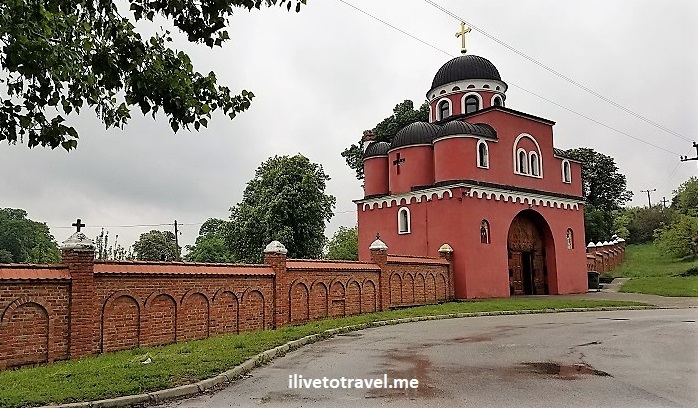Bermet wine
-
Fruska Gora: An Easy and Rewarding Day Trip from Belgrade
More Details: Fruska Gora: An Easy and Rewarding Day Trip from BelgradeThe Fruska Gora (Fruška Gora, Фрушка гора) mountain gives the name to the national park in Serbia around which many monasteries, charming towns, and vineyards can be found, just an hour or less away from Serbia’s capital, Belgrade, and much closer to Serbia’s second town, Novi Sad. The Fruska Gora National Park runs east to west, almost or…
